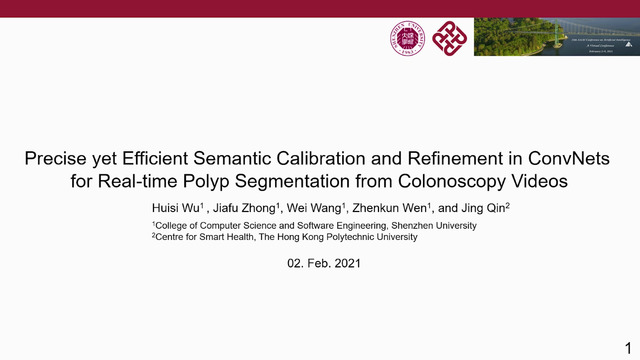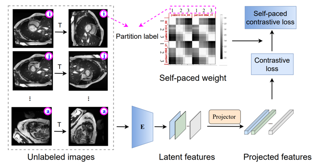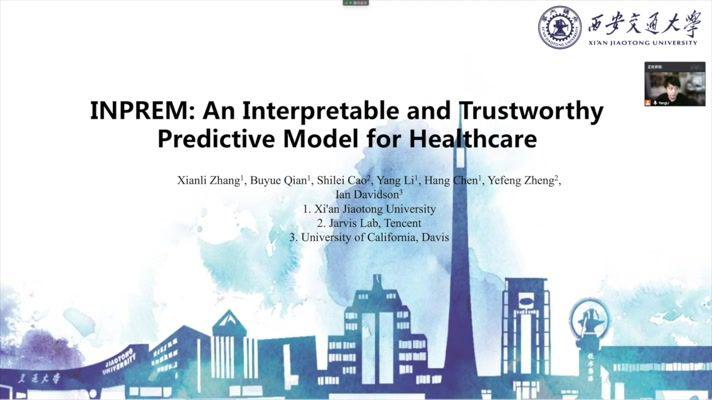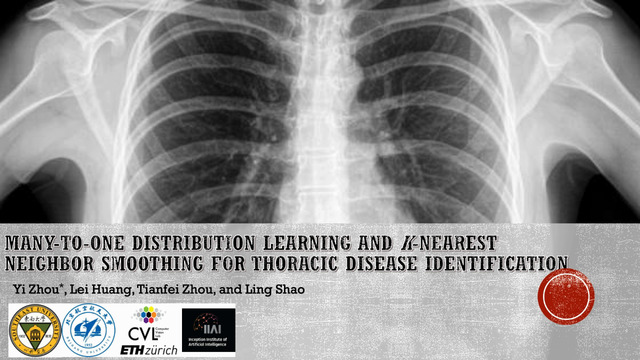Abstract:
Microfluidic biochips are being utilized for clinical diagnostics, including COVID-19 testing, because of they provide sample-to-result turnaround at low cost. Recently, microelectrode-dot-array (MEDA) biochips have been proposed to advance microfluidics technology. A MEDA biochip manipulates droplets of nano/picoliter volumes to automatically execute biochemical protocols. During bioassay execution, droplets are transported in parallel to achieve high-throughput outcomes. However, a major concern associated with the use of MEDA biochips is microelectrode degradation over time. Recent work has shown that formulating droplet transportation as a reinforcement-learning (RL) problem enables the training of policies to capture the underlying health conditions of microelectrodes and ensure reliable fluidic operations. However, the above RL-based approach suffers from two key limitations: 1) it cannot be used for concurrent transportation of multiple droplets; 2) it requires the availability of CCD cameras for monitoring droplet movement. To overcome these problems, we present a multi-agent reinforcement learning (MARL) droplet-routing solution that can be used for various sizes of MEDA biochips with integrated sensors, and we demonstrate the reliable execution of a serial-dilution bioassay with the MARL droplet router on a fabricated MEDA biochip. To facilitate further research, we also present a simulation environment based on the PettingZoo Gym Interface for MARL-guided droplet-routing problems on MEDA biochips.









































